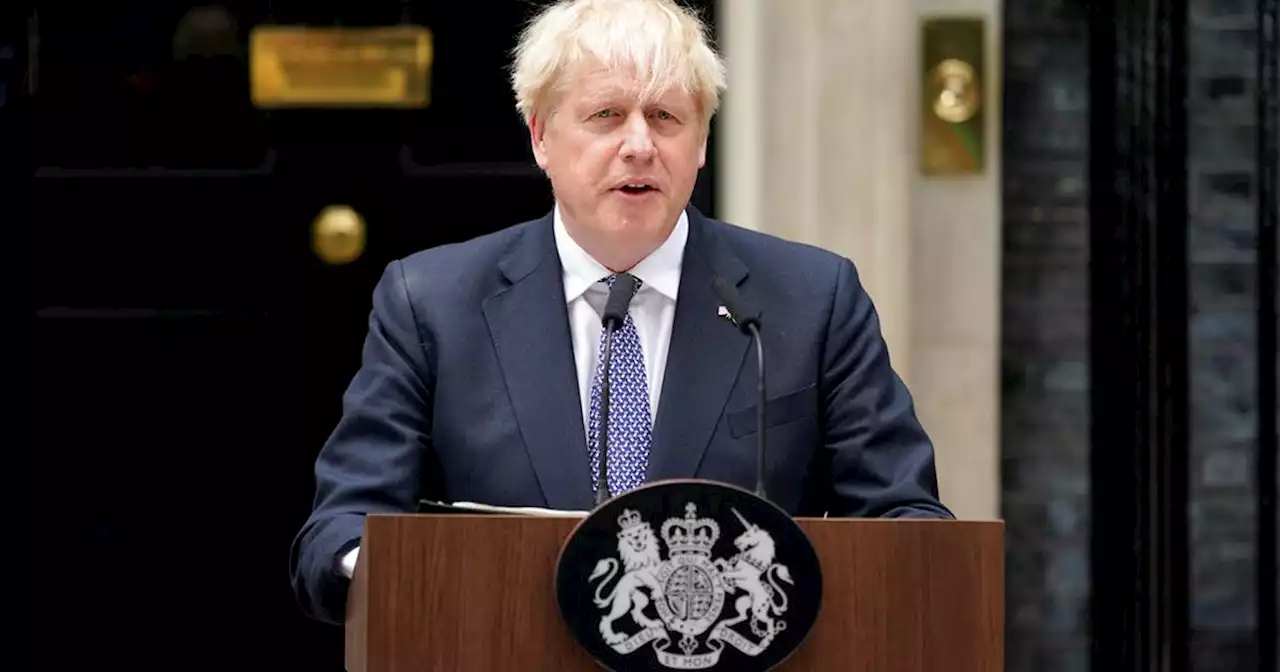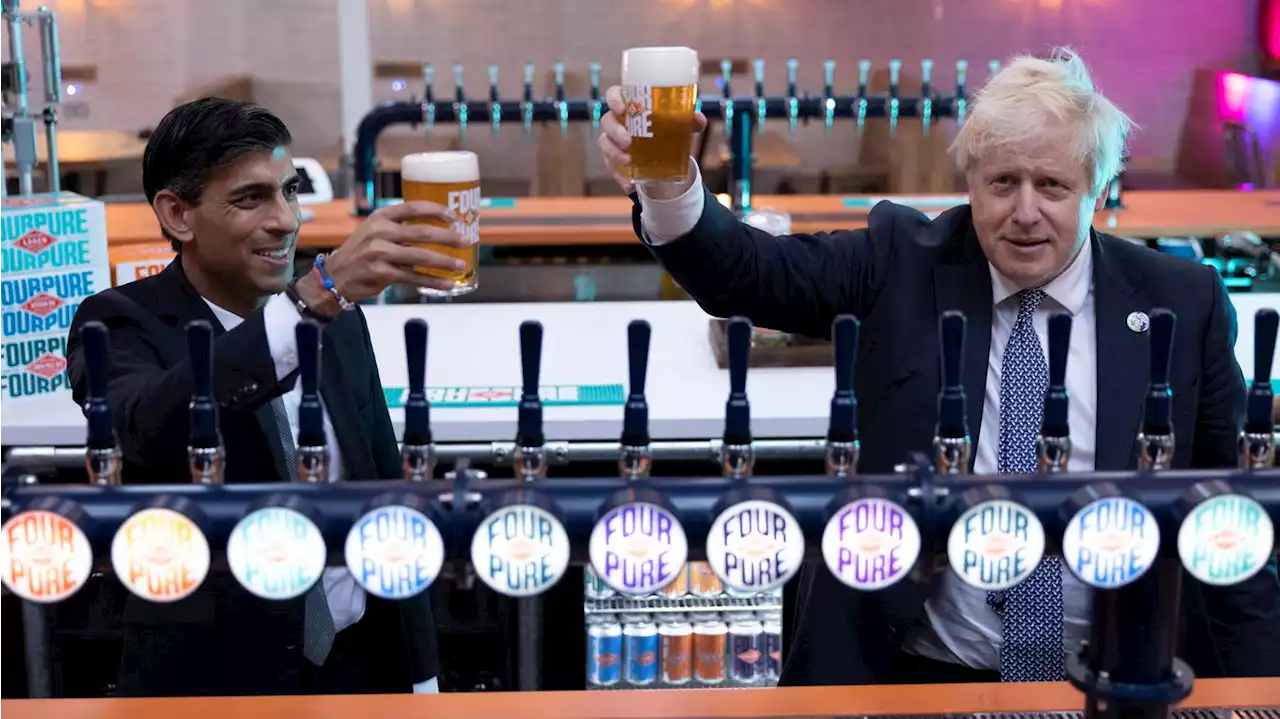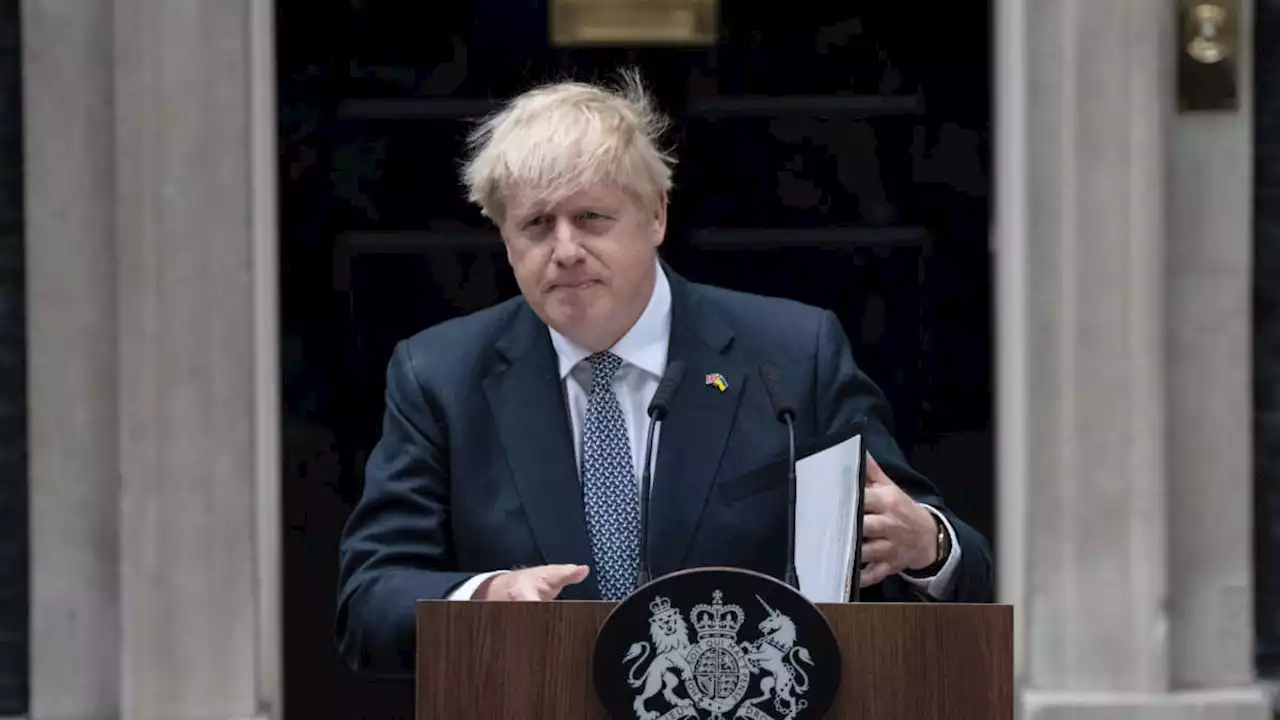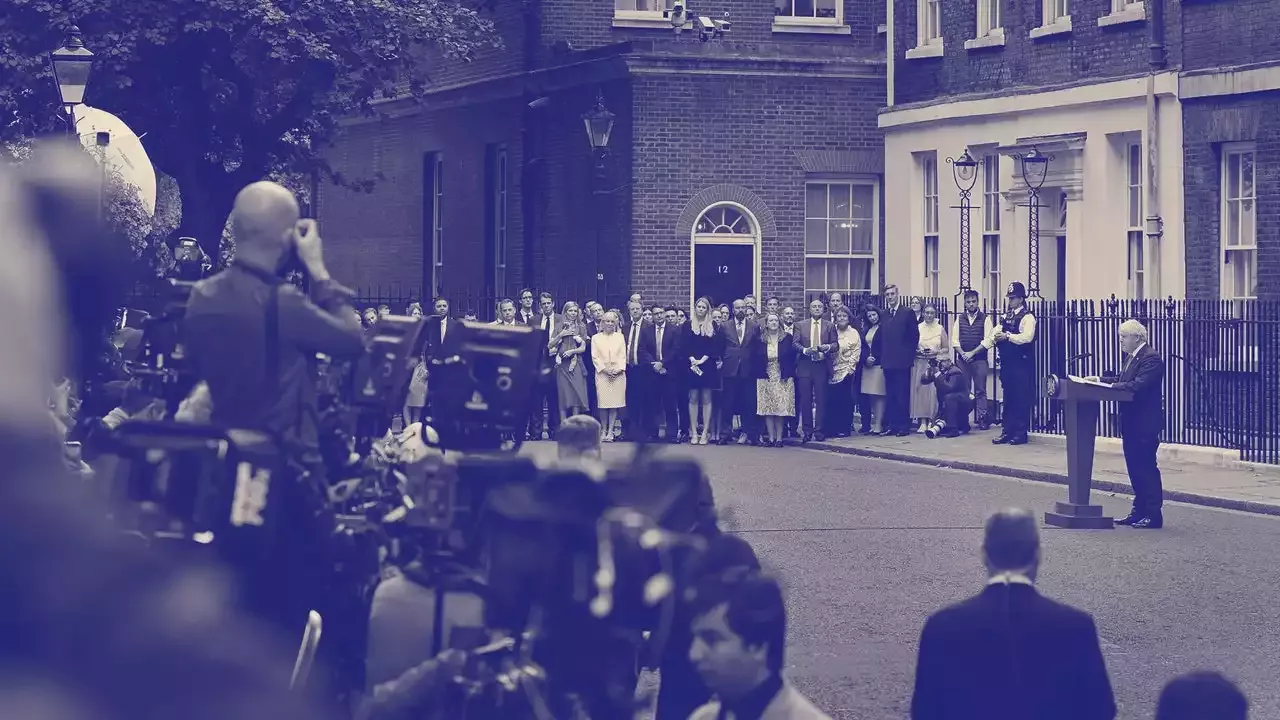“The Johnson premiership felt like it was much more willing to see how far it was possible to go before the rules kicked in, and it turned out it was further than anyone thought.” A Q. & A. with the Cambridge professor David Runciman.
I recently spoke by phone with David Runciman, a professor of politics at Cambridge University, about Johnson’s legacy and what comes next for the Tory Party. During our conversation, which has been edited for length and clarity, we discussed how Johnson may have permanently altered British politics, what distinguished his style of populism, and the Labour Party’s continuing difficulties.
He would fall back on the idea that a Prime Minister has an obligation and a kind of set of rights that derived from the number of people who voted for him in a general election. And that simply pushes against most of the ways that British politics work. He tried to bypass his parliamentary party. He tried to claim that he could govern without many of them, in the name of the people. It is a form of populism.
It is quite Trumpish—the people against the establishment. And then there’s the other thing that goes with it, which is that the price of that kind of politics is appealing to non-traditional conservatives, and to not traditionally conservative voters, with a bigger state agenda with possibly more public spending. Many people in the Conservative Party are uncomfortable with that.
Brexit is the pure majoritarian project, fifty-two-per-cent-referendum politics, but parliamentary politics is never majoritarian. There is a majority in Parliament under our system, but you can get a majority with a small proportion of the vote. Tony Blair had a majority almost as big as Johnson’s with thirty-five per cent of the vote. And that makes this kind of majoritarian politics slightly at odds with the Brexit rhetoric. Most people in Britain did not vote for a Conservative government.
You said he’s purely a pragmatic, transactional politician, which is how a lot of people have thought about him for a while. Did anything change there? Do you think he believes anything? I don’t know, but it does make a certain kind of sense, because he genuinely believes in the value of political courage. There’s no question that he was awestruck by Zelensky, certainly at the beginning. He thinks his own political career is an exercise in courage. In his resignation address, you could tell he thinks the failure of the people who deserted him was about their cowardice, that they couldn’t withstand the media pressure of being in that storm.
United States Latest News, United States Headlines
Similar News:You can also read news stories similar to this one that we have collected from other news sources.
 Michelle Goldberg: The delightful implosion of Boris JohnsonMichelle Goldberg: 'There isn’t much good news in the world these days, so it’s worth taking time to appreciate the delightful implosion of soon-to-be former Prime Minister Boris Johnson.'
Michelle Goldberg: The delightful implosion of Boris JohnsonMichelle Goldberg: 'There isn’t much good news in the world these days, so it’s worth taking time to appreciate the delightful implosion of soon-to-be former Prime Minister Boris Johnson.'
Read more »
 Eight candidates in running to replace Boris JohnsonNominations in the race to replace British Prime Minister Boris Johnson closed on Tuesday, with eight Conservative lawmakers securing enough support from their colleagues to make the first ballot.
Eight candidates in running to replace Boris JohnsonNominations in the race to replace British Prime Minister Boris Johnson closed on Tuesday, with eight Conservative lawmakers securing enough support from their colleagues to make the first ballot.
Read more »
 Contenders to replace Boris Johnson scramble for support as race beginsRishi Sunak was fastest out of the gate.
Contenders to replace Boris Johnson scramble for support as race beginsRishi Sunak was fastest out of the gate.
Read more »
 Factbox: Views of frontrunners to succeed UK's Boris JohnsonThe race to succeed Boris Johnson as British prime minister has begun, with 11 candidates so far putting themselves forward for a contest which will ultimately be decided by around 200,000 Conservative Party members.
Factbox: Views of frontrunners to succeed UK's Boris JohnsonThe race to succeed Boris Johnson as British prime minister has begun, with 11 candidates so far putting themselves forward for a contest which will ultimately be decided by around 200,000 Conservative Party members.
Read more »
 Boris Johnson Spends Last Days in Office Laying Minefield for His SuccessorBoris Johnson allegedly wanted to remain in office so that he could continue to have access to Chequers, the PM’s country residence, where he is planning a belated wedding party.
Boris Johnson Spends Last Days in Office Laying Minefield for His SuccessorBoris Johnson allegedly wanted to remain in office so that he could continue to have access to Chequers, the PM’s country residence, where he is planning a belated wedding party.
Read more »
